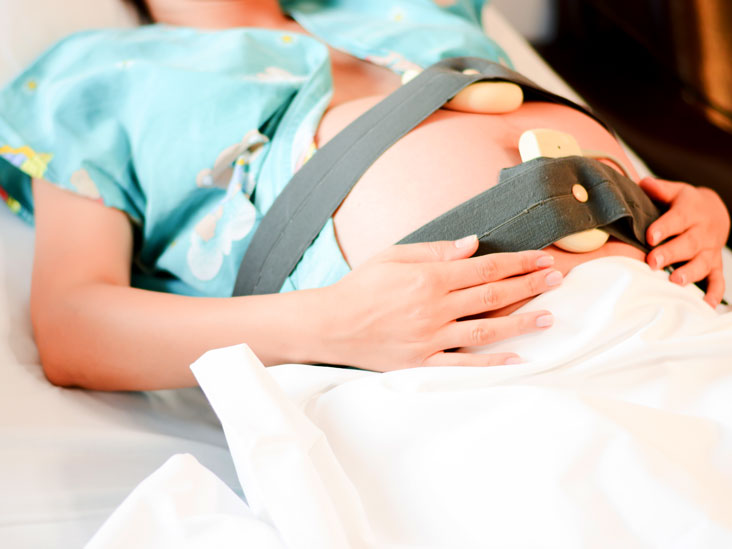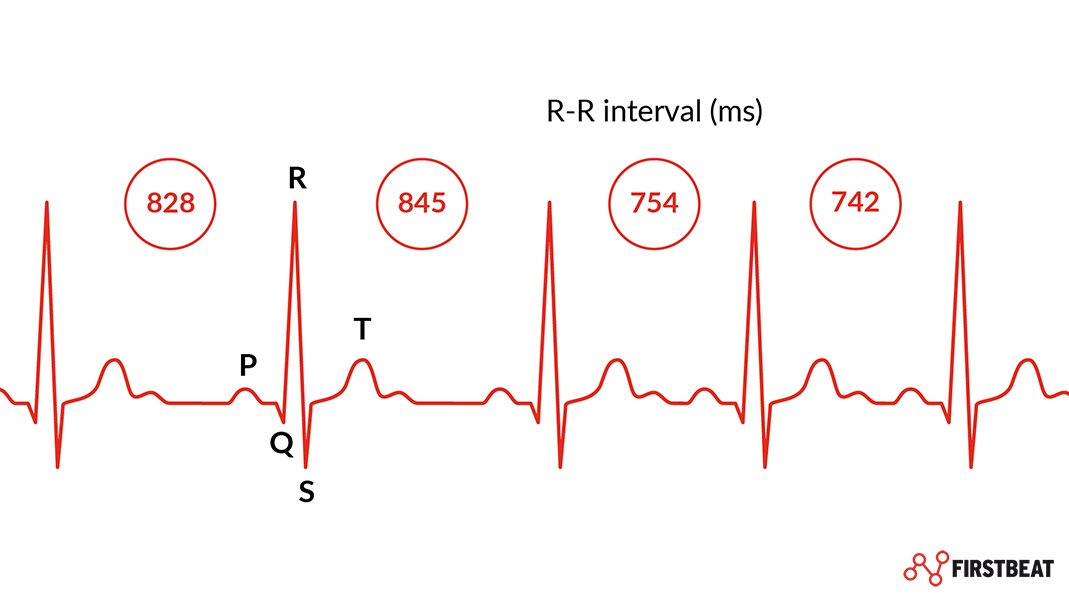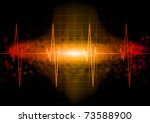A normal resting heart rate for adults ranges from 60 to 100 beats per minute. Generally, a lower heart rate at rest implies more efficient heart function and better cardiovascular fitness. For example, a well-trained athlete might have a normal resting heart rate closer to 40 beats per minute. The American Heart Association states the normal resting adult human heart rate is 60–100 bpm. Tachycardia is a high heart rate, defined as above 100 bpm at rest. Bradycardia is a low heart rate, defined as below 60 bpm at rest. During sleep a slow heartbeat with rates around 40–50 bpm is common and is considered normal.
- Tachycardia is a condition that makes your heart beat more than 100 times per minute. There are three types of it: Supraventricular. This happens when the electrical signals in the organ's upper.
- A normal resting heart rate for adults ranges from 60 to 100 beats per minute. Generally, a lower heart rate at rest implies more efficient heart function and better cardiovascular fitness. For example, a well-trained athlete might have a normal resting heart rate closer to 40 beats per minute.
- Normal weight = 18.5–24.9. This result means that you are a healthy body weight which is generally good for your health. Keep up the great work! Overweight = 25–29.9. This result means that you may be overweight. Carrying extra weight is associated with a range of health concerns, including being at an increased risk of heart disease.
Two years ago I had Mitral Valve Repair Surgery. I’ve struggled sometimes to know what’s a normal after-effect and what’s not. My Cardiologist assures me that my heart is just fine.
I decided to join this forum because I wonder if other people struggle with insecurities about their ‘new normal’ after MVR and what I should or shouldn’t call the Dr about. My surgery really turned my world upside down and I’m surprised to be two years post-surgery and still feeling this way. - My need for surgery two years ago totally took me off guard. I knew I’d had MVP since I was a child but had no clue that my MV had deteriorated and was severely damaged. I didn’t have swollen ankles or shortness of breath so I had no idea that what I thought were ‘normal occasional feelings of tiredness, forgetfulness and fuzzyheadedness’ were not. I thought the occasional heart thump or arythmia I experienced were part of menopause. Since my surgery I’ve felt so much better. I can now recognize that I was having a lot of symptoms prior to my surgery and really needed the repair (because I didn’t really believe my Dr when he told me my valve was so damaged). I just struggle now with knowing when I do have an occasional time of feeling weak, have some arrhythmia, or hear my heart thumping in my ears after going upstairs, if it’s ok or not. Sometimes I feel like I could go to the Dr every week to be sure my heart is ok.

Tachycardia refers to a fast resting heart rate – usually at least 100 beats per minute. Tachycardia can be dangerous, depending on its underlying cause and on how difficult the heart needs to work.
Normal Heart Rate in Human
In basic, the adult resting heart beats in between 60 and 100 times per minute. When an individual has tachycardia, the upper and/or lower chambers of the heart beat considerably quicker.
Our heart rates are managed by electrical signals that are sent throughout the tissues of the heart. When the heart produces rapid electrical signals, tachycardia occurs.
Normal Heart Beat Ecg

What Is A Healthy Heart Rate
Gems-it driver download. When the heart beats too rapidly, it pumps less effectively and blood circulation to the remainder of the body, including the heart itself, is decreased.

Since the heart is beating quicker, the muscles of the heart (myocardium) require more oxygen – if this continues, oxygen-starved myocardial cells can pass away off, causing a cardiovascular disease (myocardial infarction).
Some patients with tachycardia might have no symptoms or complications. Nevertheless, tachycardia considerably increases the risk of stroke, abrupt cardiac arrest, and death.
What Is a Dangerous Heart Rate?
A number of conditions can impact your heart rate. An arrhythmia causes the heart to beat too quick, too slow or with an irregular rhythm.
Tachycardia is normally considered to be a resting heart rate of over 100 beats per minute, according to the National Institutes of Health, and generally triggered when electrical signals in the heart’s upper chambers fire unusually. If the heart rate is closer to 150 bpm or higher, it is a condition known as supraventricular tachycardia (SVT). In SVT, your heart’s electrical system, which controls the heart rate, runs out whack. This usually requires medical attention.
Bradycardia is a condition where the heart rate is too low, generally less than 60 bpm. This can be the result of issues with the sinoatrial node, which functions as the pacemaker, or damage to the heart as an outcome of a heart attack or heart disease.
The Number Of Beats Per Minute Is Too High?
For adults 18 and older, a normal resting heart rate is between 60 and 100 beats per minute (bpm), depending on the individual’s physical condition and age. For children ages 6 to 15, the normal resting heart rate is between 70 and 100 bpm, inning accordance with the AHA.
What Is Your Maximum Heart Rate?
Drivers hampshire mice & touchpads. It is suggested that you work out within 55 to 85 percent of your optimum heart rate for at least 20 to 30 minutes to get the best results from aerobic exercise. The MHR (roughly determined as 220 minus your age) is the ceiling of what your cardiovascular system can manage during exercise.
Is a Resting Heart Rate of 130 Bad?
In other words, is a rapid heart rate dangerous? Well over 99 percent of the time, sinus tachycardia is completely normal. … Likewise, the sinus node signals the heart to decrease during rest or relaxation. We see patients who are concerned due to the fact that their heart rate stays elevated in the range of 100 to 130 beats per minute.
What Is a Dangerously High Heart Rate When Exercising?
The standard method to calculate your optimum heart rate is to deduct your age from 220. For instance, if you’re 45 years of ages, deduct 45 from 220 to get an optimal heart rate of 175. This is the maximum number of times your heart need to beat per minute during workout.
How Many Beats Per Minute Before You Have a Heart Attack?

About 50-70 beats per minute is perfect, states Suzanne Steinbaum, MD, director of women’s heart health at Lenox Hill Hospital. Current studies suggest a heart rate higher than 76 beats per minute when you’re resting might be connected to a greater risk of cardiac arrest. Dragonchip usb devices driver download for windows.
What Is the Fastest Human Heart Rate Ever Recorded?
Nevertheless there have been numerous cases in the literature which have actually reported the heart rates of above 300 per minute. The fastest human ventricular conduction rate reported to this day is a performed tachyarrhythmia with ventricular rate of 480 beats per minute.
